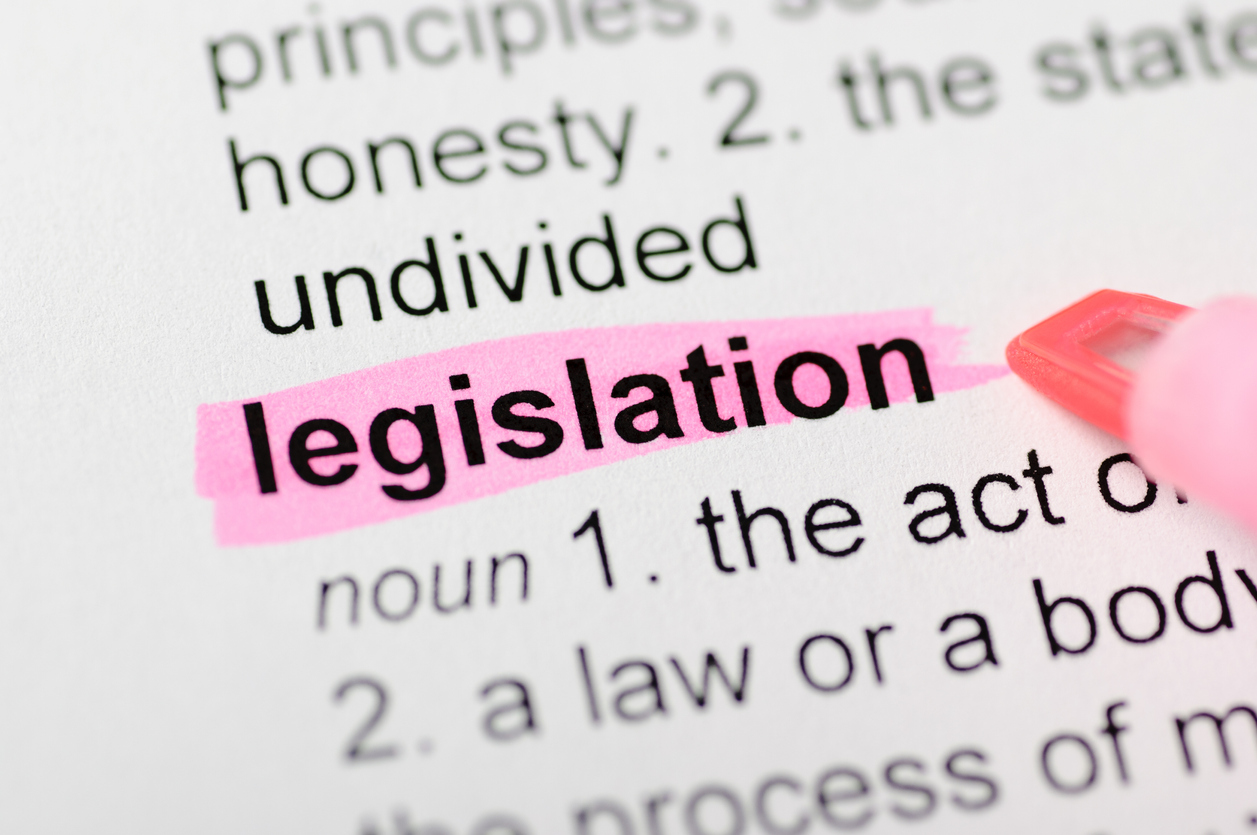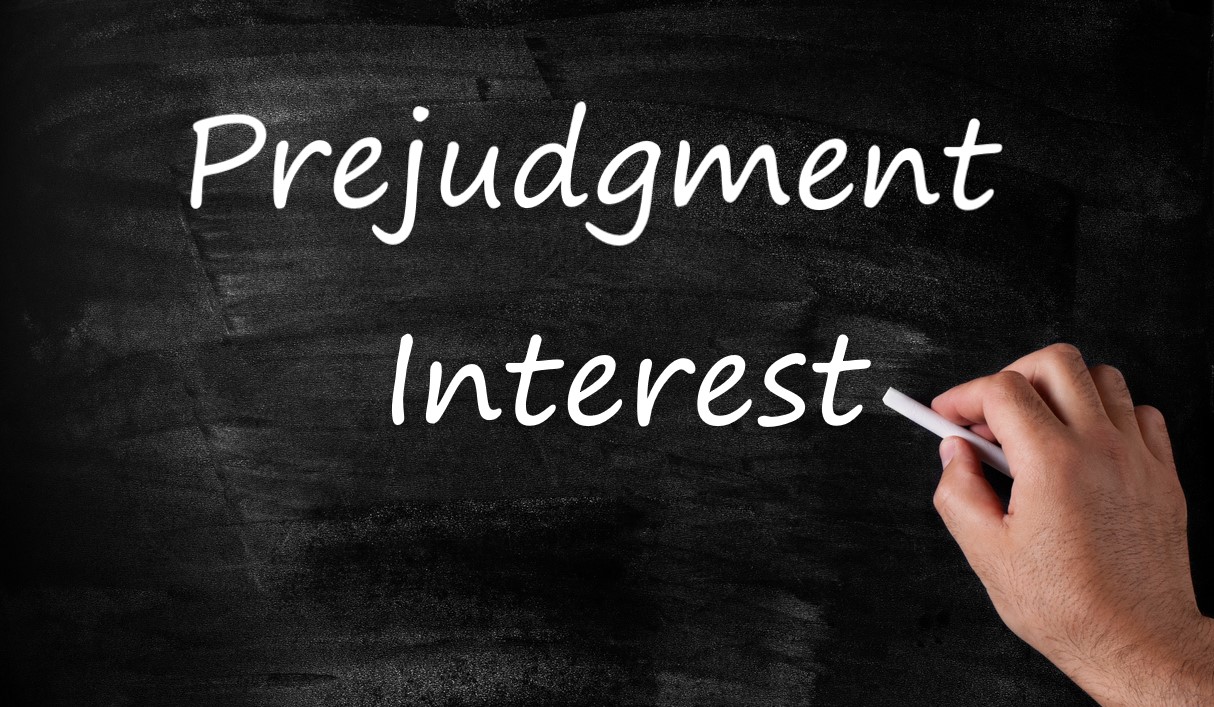Back in June 2018, I blogged about the New Jersey Insurance Fair Conduct Act passing the Senate and heading to the Assembly. Unfortunately, many roadblocks (insurance company lobbyists) prevented the Bill from going forward by using propaganda to spread lies about the detrimental effect of passing it. For the foreseeable future, New Jersey will continue to be one of the most difficult states in the country to prove bad faith given their court’s “fairly debatable” standard.1
Hopefully, New York Assembly Bill A5623B (and its companion bill in the Senate, S6216A) will change the balance of power in New York’s insurance industry. The Bill creates a private right of action against any insurer doing business in the State of New York upon showing by a preponderance of the evidence that the insurer’s refusal to pay or unreasonably delay payment was not justified. It goes on to give some specific examples of unreasonable behavior:
(1) Failed to provide policyholder with accurate information concerning policy provisions relating to the coverage at issue;
(2) Failed to effectuate a prompt and fair settlement of a claim or any portion thereof, and the insurer failed to reasonably accord at least equal or more favorable consideration to its insured interest as it did to its own interests, and thereby exposed the insured to a judgment in excess of the policy limits;
(3) Failed to provide a timely written denial of a policyholder’s claim with a full and complete explanation of such denial, including references to specific policy provisions wherever possible;
(4) Failed to make a final determination and notify the policyholder in writing of its position on both liability for and the insurer’s valuation of a claim within six months of the date on which it received actual or constructive notice of the loss upon which the claim is based;
(5) Failed to act in good faith by compelling a policyholder to institute suit to recover amounts due under its policy by offering substantially less than the amounts ultimately recovered in suit brought by such policyholder;
(6) Failed to advise a policyholder that a claim may exceed policy limits, that counsel assigned by the insurer may be subject to a conflict of interest, or that the policyholder may retain independent counsel;
(7) Failed to provide, on request of the policyholder or their representative, all reports, letters or other documentation arising from the investigation of a claim and evaluating liability for or valuation of such claim;
(8) Refused to pay a claim without conducting a reasonable investigation;
(9) Negotiated or settled a claim directly with a policyholder known to be represented by an attorney without the attorney’s knowledge or consent. The provisions of this paragraph shall not be deemed to prohibit routine inquiries to a policyholder to obtain details concerning the claim;
(10) Failed to pay on one or more elements of a claim where a preponderance of the evidence establishes the claim as to liability notwithstanding the existence of disputes as to other elements of the claim where such payment can be made without prejudice to either party; or
(11) Acted in violation of section two thousand six hundred one of this article or any regulation promulgated pursuant thereto.
The Bill allows for interest, costs, disbursements, compensatory damages, consequential damages, reasonable attorneys fees, and punitive damages to be recovered. Currently, the bill has already passed the Assembly Insurance Committee and is currently on the Floor Calendar. Call your local state Assembly person and Senator and ask them to endorse this Bill.
I leave you with a quote from my boss, Chip Merlin, who accurately stated, “making sense of the sometimes bizarre methodology that insurance companies use to assess claims will make your head spin.”
______________________________
1 Pickett v. Lloyd’s, 131 N.J. 457 (1993).




